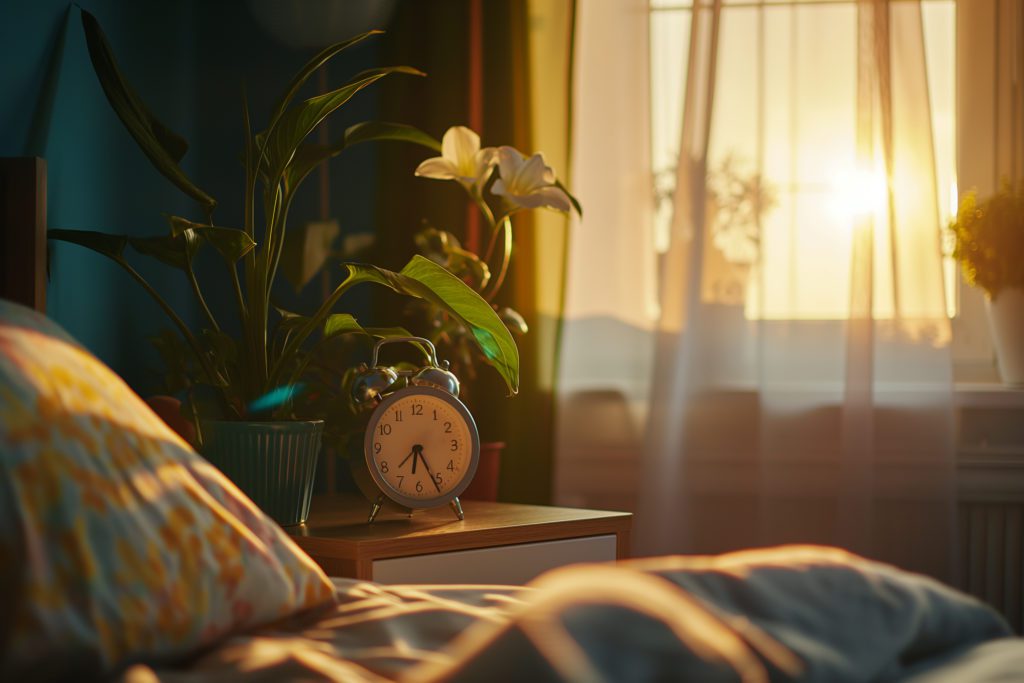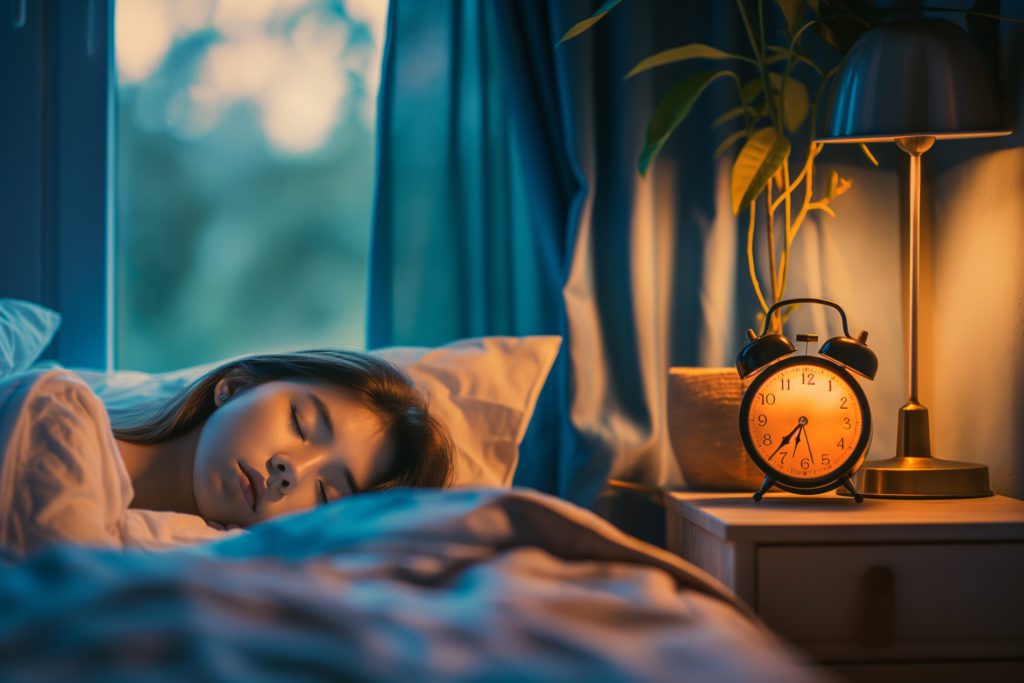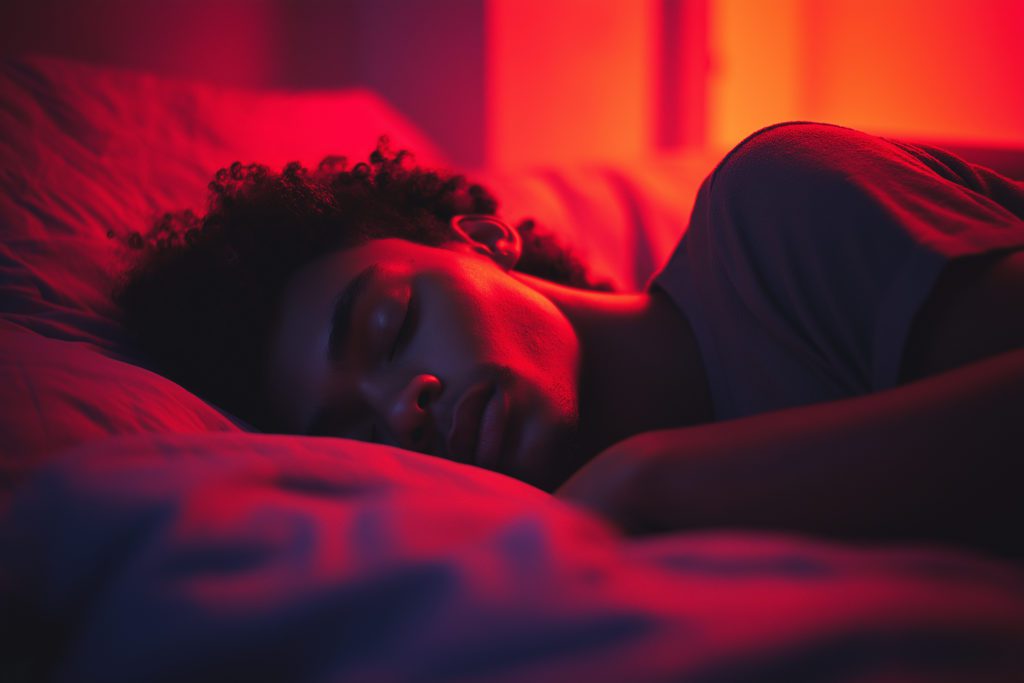
Common Mistakes People Make When Sleep Tracking for the First Time
Learn about the common mistakes people make when tracking sleep to get the most from the data your sleep tracker collects.
Sleep tracking can tell us things about our sleep lives we never knew. It can also provide us with the data we need to adopt better sleep hygiene. After all, we do know that good sleep improves your brain performance, mood, and health. Letting ourselves be robbed of good sleep quality also raises risks for a slew of diseases and disorders that range from obesity to dementia.
With so much research about the importance of sleep floating around out there, it should come as no surprise that 35% of Americans have used sleep-tracking devices. In fact, 77% of people who have tried sleep tracking say that it's helpful.
Sleep tracking is so helpful that 66% of people who have tried it say they've changed behaviors based on what they've learned. The numbers might actually be higher if people knew how to make the most of sleep tracking. Unfortunately, some simple user-error mistakes can diminish the benefits of sleep tracking. The good news is that they're fixable. Check out the three common mistakes people make when they start sleep tracking.
1. Not Tracking Your Sleep for Long Enough
Good data can take time. Using a sleep tracker for a single night won't give you the insights you need to get an understanding of your sleep health. There's no specific period of time a person needs to use a tracker before they start seeing benefits. However, it's generally agreed that a person should track sleep for a full week before analyzing their findings. This timespan gives you a broader data set to work with based on what's "typical" for your schedule and body.
It's also smart to have a mindset of being in it for the long haul with sleep tracking. One big mistake people make with sleep tracking is stopping once they get the answers they want. The truth is that our sleep quality and patterns can evolve with our age, health, stress levels, and lifestyle. We can only benefit from making sleep tracking part of our long-term plan for understanding and monitoring our health. Establishing a baseline by wearing a tracker for a few weeks shouldn't be viewed as the end game. We should instead look at sleep tracking as an ongoing tool for monitoring changes in our health.
2. Only Tracking Sleep When You Know You're Behaving
Some people will only track sleep on nights when they know they're getting enough sleep. They feel like they don't want to get a "bad grade" on their personal sleep test. It can be a bit like only entering information into a food journal on days when you know you've eaten enough fruits and vegetables. A sleep-tracking app isn't there to judge you. This is a personal health-enhancement tool that's intended to give you valuable information based on your real habits.
Not everyone skips sleep trackers when they know they'll sleep poorly out of embarrassment. Some assume that it's not "worth it" to track sleep when they know they'll only get a few hours due to circumstances. There's no such thing as a throwaway night when it comes to sleep tracking. Every minute of sleep you can get data on has value. Even poor nights of sleep can give you insights into which levels of sleep your body actually entered, how your body reacted to different sleep phases, and your physiological condition upon waking compared to other nights. You may not be aware of the negative toll late nights are taking on your body if you don't track sleep on the nights when you get home late or stay up late watching television.
Tracking your sleep when you're on vacation or "letting loose" for the weekend also lets you see how your sleep is affected by alcohol, processed foods, or other factors that aren't part of your weekly routine. Even tracking sleep changes while you're sick can help you to see how much you actually slept while struggling with a fever.
3. Becoming Obsessed With Tracking Sleep
Becoming obsessed with the idea of getting perfect sleep every night can be counterproductive. There's no question that establishing good sleep habits is important. However, it's also important to avoid becoming so obsessed with getting perfect sleep that it robs you of your peace. In fact, being worried that you didn't get to bed at your "ideal" time can cause anxiety to spiral. When that happens, you may be so concerned about falling asleep on time to catch up that actually falling asleep becomes impossible.
Some people who veer toward perfectionism can also take an all-or-nothing approach to good sleep that sabotages them. For example, not getting to bed by a desired time could cause them to decide that there's no going back. The "why bother?" approach to sleep could cause them to intentionally stay up later, watch television in bed, or do other things that they would normally avoid on nights when they get to bed on time.
What Are Some Best Practices for Using Sleep Trackers?
You shouldn't feel like you have to alter your habits before you can begin tracking sleep. However, there are some best practices for getting a full night of rest. Try these tips:
- Track consistently every night.
- Keep a sleep journal to see how your experiences match up with the data.
- Use the data to make positive changes. This might include shifting your final caffeine intake to earlier in the day or stopping screen use earlier in the evening.
- Bring the data to a doctor if you notice any concerning patterns in your sleep that indicate sleep apnea or another condition.
Tracking sleep doesn't take fancy tools. Pillow lets you track sleep easily using your Apple Watch, iPhone, or iPad. It measures sleep duration using a scientifically backed sleep analysis that uses audio recordings and heart-rate analysis.
FAQ
Can I use sleep tracking to improve my sleep hygiene?
Absolutely. Sleep tracking helps you spot habits like late-night screen time, inconsistent bedtimes, or caffeine intake that may disrupt sleep. Identifying these behaviors makes it easier to adjust your routine for better sleep quality.
How long does it take to see useful patterns in sleep tracking data?
It usually takes a few weeks of consistent tracking to notice meaningful trends. The more data you collect over time, the easier it becomes to understand how factors like stress, diet, or bedtime affect your sleep.
Should I track naps in addition to nighttime sleep?
Yes, tracking naps gives a more complete view of your overall rest. Regular or long daytime naps can impact your nighttime sleep quality, so including them helps you spot patterns and adjust your schedule if needed.
Is it helpful to share sleep tracking data with a doctor?
Yes, definitely. Bringing your sleep data to a doctor can help identify issues like insomnia, fatigue, or inconsistent sleep cycles. It’s especially useful if you're being evaluated for sleep disorders like apnea or restless leg syndrome.
Can environmental factors affect sleep tracking results?
They sure can. Noise, light, and room temperature all impact your sleep and, in turn, your data. For example, a hot room might cause tossing and turning, which trackers could misread as poor or fragmented sleep.
Can a sleep tracker detect conditions like sleep apnea?
Not exactly. While some trackers can show irregular patterns—like frequent waking or low oxygen levels—they can’t diagnose medical conditions. If your data looks unusual, it's best to follow up with a sleep specialist.
What’s the difference between a sleep tracking app and a wearable device?
Apps mostly use sound or movement from your phone, while wearables track extra data like heart rate, breathing, and oxygen. Because of this, wearables generally give you more accurate and detailed insights into your sleep.

Written by
Emily Mendez
Emily Mendez is a former therapist and mental health author. She is one of the leading voices in mental health. Emily's writing has appeared in eCounseling, SonderMind, and more. Emily is frequently interviewed by Healthline, Fatherly, INSIDER, Family Circle, and other national media for her advice and expert opinion on the latest mental health topics.
Download Pillow
Get help
Press & News
Legal
Connect
X (Twitter)
Company
Copyright © Neybox Digital Ltd.



